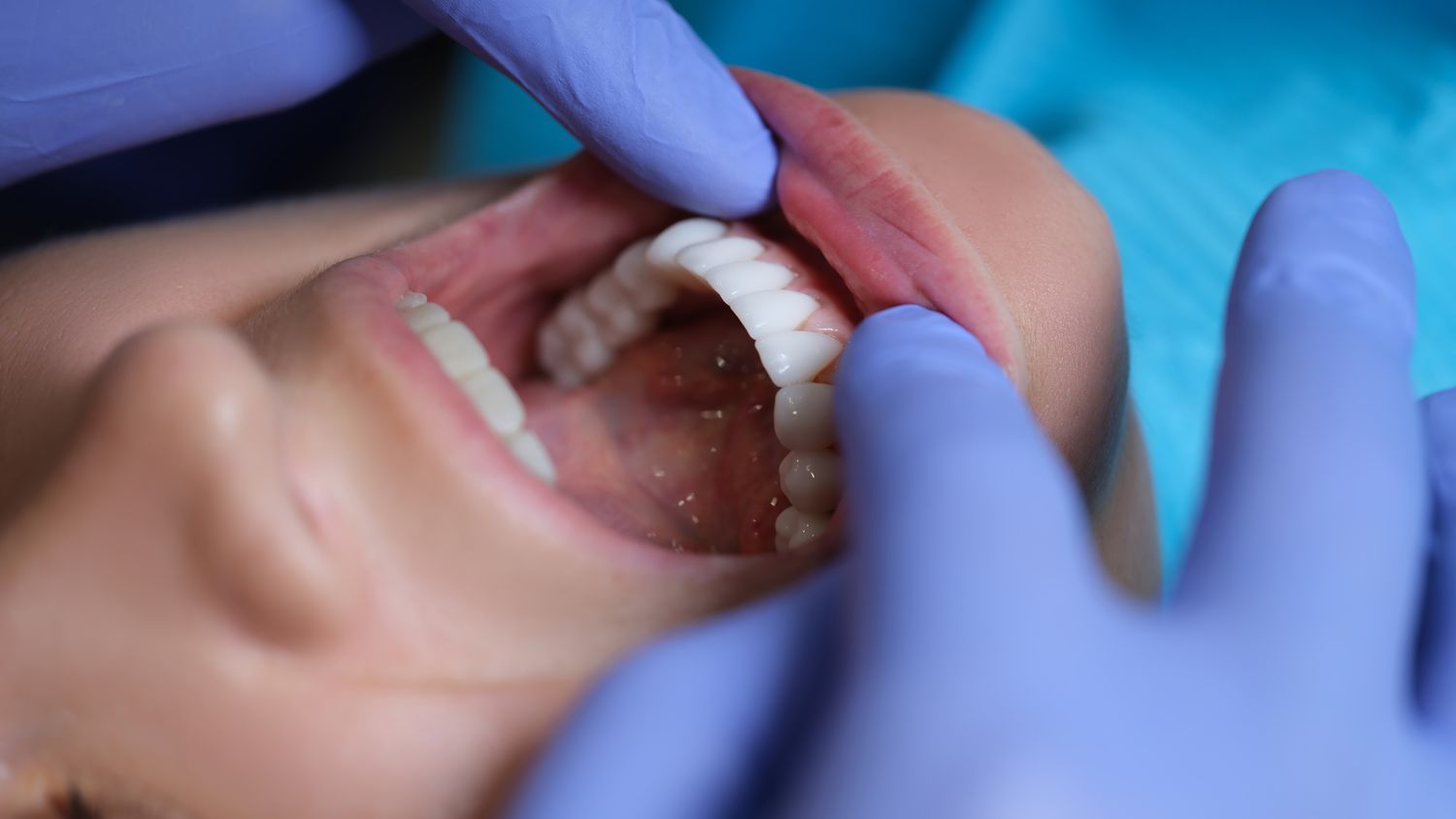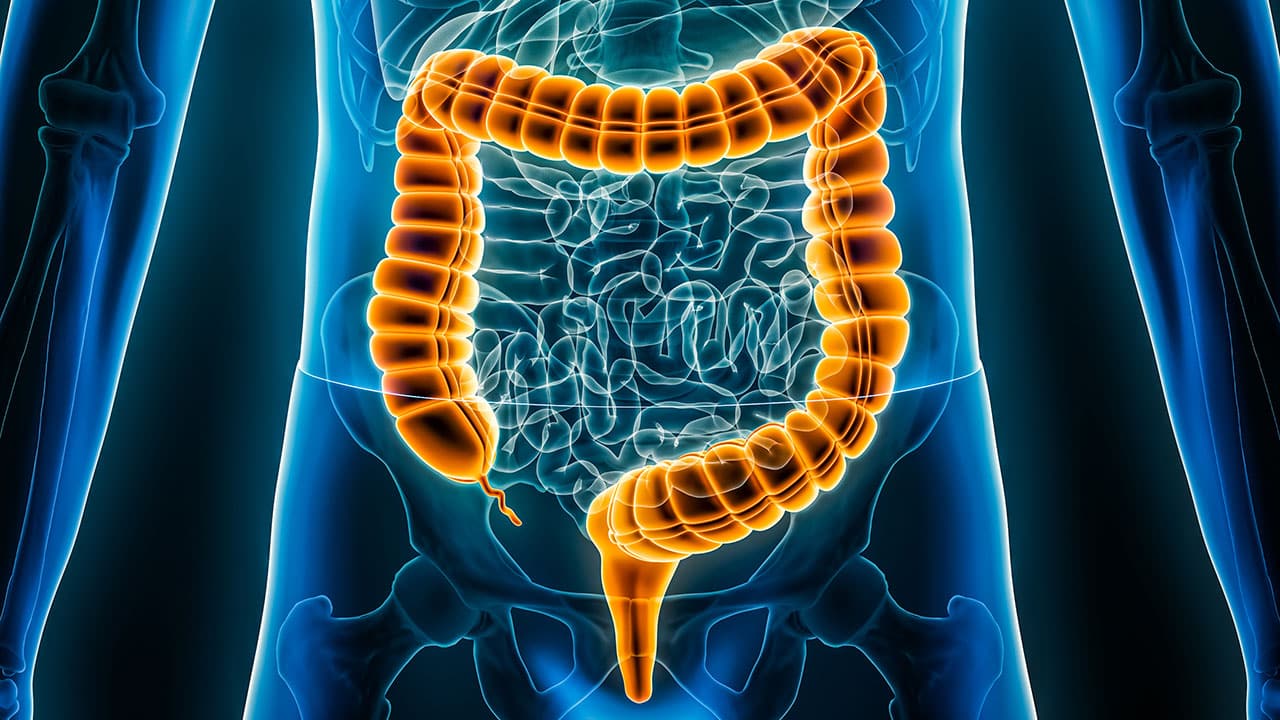A type of bacteria responsible for dental plaque may be linked to a form of colorectal cancer that is resistant to treatment, according to a study published Wednesday in the journal Nature.
The bacterium in question, which appears to protect tumor cells from cancer-fighting drugs, was detected in 50% of the tumors analyzed in the study.
This discovery, experts suggest, could potentially open new avenues for treatment and screening methods.
Colon cancer ranks as the second-leading cause of cancer-related deaths in the United States, and it is projected to claim over 53,000 lives in the country in 2024, as per the American Cancer Society.
The incidence of colon cancer among younger individuals is on the rise, with the percentage of diagnoses in people under 55 nearly doubling from 11% to 20% between 1995 and 2019.
These cases often present at later stages, making them more aggressive.
Dr. Flavio Rocha, a surgical oncologist and physician in chief at the Oregon Health & Science University’s Knight Cancer Institute, who was not part of the study, remarked, “Colorectal cancer is very treatable when caught early, but the cases in younger people are increasing and we don’t know why.”
The current research does not provide an answer to this question, as most of the patients studied were over 50 years old.
However, the findings prompt speculation about whether high levels of this bacterium could be linked to the rising incidence of early-onset colorectal cancer worldwide.
Scientists have suspected a connection between the bacterium Fusobacterium nucleatum and the growth of colorectal cancer for nearly a decade.
Typically found in the mouth where it contributes to gum disease and plaque formation, the bacterium’s ability to survive the journey through the gastrointestinal tract and infiltrate tumor cells in regions where such bacteria normally do not thrive has puzzled researchers.
In their study, Susan Bullman, an assistant professor of human biology at the Fred Hutchinson Cancer Center in Seattle, and her colleagues analyzed the bacterial composition of nearly 200 colorectal tumors and stool samples from over 1,200 individuals, half of whom did not have cancer.
They discovered that Fusobacterium nucleatum comprises two distinct subspecies, one of which appears to shield colorectal tumors from cancer therapies by evading immune cells called T-cells.

“This subspecies acts like a cloak,” Bullman explained. It was present in 50% of the colorectal tumors studied, and corresponding stool samples showed high levels of this subspecies compared to samples from healthy individuals.
“Patients with high levels of this bacterium in their colorectal tumors have a poorer prognosis,” Bullman noted. “They respond less effectively to chemotherapy and face an increased risk of cancer recurrence.”
Additionally, the subspecies may contribute to the initiation of cancer. When transplanted into mice, it seemed to induce the formation of precancerous polyps, early indicators of colorectal cancer, although this cause-effect relationship has yet to be established in humans.
The researchers also uncovered clues regarding how Fusobacterium nucleatum manages to reach the colon.
Contrary to previous assumptions that it would be destroyed by stomach acid, the bacterium appears capable of surviving this acidic environment.
Dr. Michael White, an assistant professor of colorectal surgery at The University of Texas MD Anderson Cancer Center in Houston, who was not involved in the study, emphasized the implications of these findings for ongoing targeted therapies.
“There is evidence that clearing these bacteria improves treatment outcomes,” White explained. Clinical trials are planned to investigate whether administering antibiotics prior to chemotherapy can enhance treatment responses.
Understanding which bacterial subspecies, including Fusobacterium nucleatum, pose risks will enable more targeted approaches to treatment and potentially prevention.
Bullman suggested that identifying the bacterium in the mouth and administering antibiotics at that stage could prevent it from reaching the colon, thereby reducing the risk of aggressive colon cancer.
Rocha agreed, envisioning a future where a simple mouth swab could be part of colorectal cancer screening.
The identification of this newly recognized subspecies could also pave the way for the development of antibiotics specifically targeting this bacterial subtype, rather than indiscriminately eliminating all mouth bacteria.
Moreover, there is potential to harness Fusobacterium nucleatum for therapeutic purposes.
Given its ability to infiltrate cancer cells, researchers speculate that genetically modifying the bacterium could enable it to deliver cancer-fighting drugs directly to tumors.
Rocha emphasized that researchers are only beginning to grasp the role of a person’s microbiome in cancer risk, describing it as one of the most crucial concepts in contemporary cancer research.
